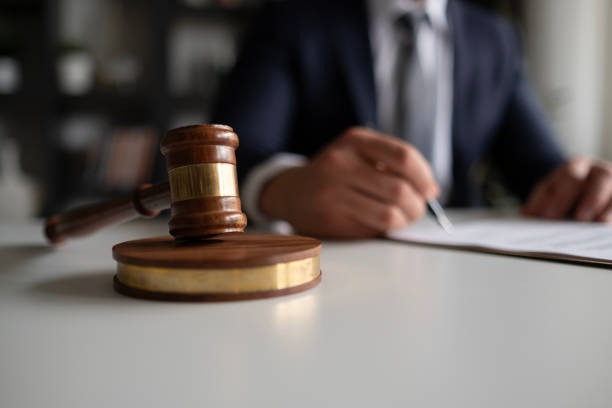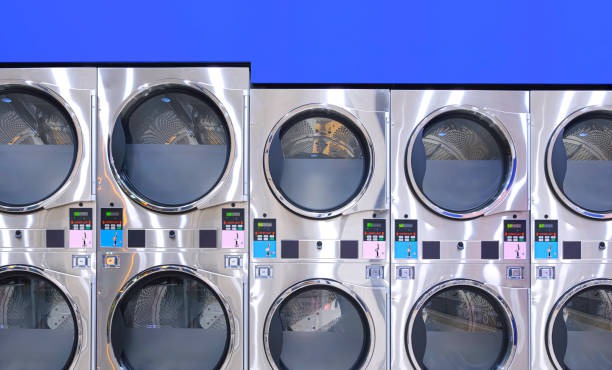Sleep apnea is a common sleep disorder. It causes breathing pauses during sleep, which can cause health problems if not treated. Two primary treatment options for sleep apnea are oral appliances and Continuous Positive Airway Pressure (CPAP) machines. This post will review the differences between these two, so you can choose which is best for you.
Oral Appliances Vs. CPAP Machine
Oral appliances and CPAP are two different types of treatments for sleep apnea. Here are the key differences between the two:
Oral Appliances
Oral appliances are custom-fitted devices by a dentist or orthodontist to fit in the mouth and reposition the jaw and tongue to keep the airway open during sleep. They are typically made of acrylic and fit over the upper and lower teeth like a sports mouthguard. These appliances are designed to keep the tongue and soft tissues from collapsing into the airway, which can cause breathing problems.
Pros
- Non-invasive
- Comfortable
- Convenient
- Easy to use
- Effective
Cons
- Limited effectiveness
- Potential side effects
- Requires adjustment
- Expensive
- Requires follow-up
When Do You Need Oral Appliances?
If a patient has mild to moderate obstructive sleep apnea, cannot use a CPAP machine, and doesn’t respond well to other treatments, an oral appliance may help them. To determine if an oral appliance is the best treatment for you, speak with their doctor. You may check out for more details.
Duration
The time it takes for oral appliances to help with sleep apnea can vary depending on several factors. Improvement in symptoms might not be evident for several months. Regular monitoring and adjustments are necessary to ensure the effectiveness of the appliance.
Cost
The sleep apnea appliance cost can vary depending on several factors, including the device used and the healthcare provider’s fees. You should check with your insurance provider to determine if oral appliances are covered under your plan and consider the long-term costs of using an oral appliance for sleep apnea.
CPAP Machines
CPAP machines are the most common treatment option for sleep apnea. They deliver a continuous stream of pressurized air through a mask worn over the nose and mouth. This air pressure helps keep the airway open, preventing the breathing interruptions characteristic of sleep apnea.
Pros
- Effective treatment
- Improved sleep quality
- Reduced health risks
- Customizable treatment
Cons
- Mask discomfort
- Dryness and irritation
- Maintenance and cleaning
- Expensive
When Do You Need CPAP Machine?
Your doctor will determine the appropriate pressure settings for your CPAP machine based on the severity of your sleep apnea. Using CPAP regularly can make you less tired during the day, improve your sleep, and lower your risk of getting serious health problems like high blood pressure, heart disease, and stroke.
Duration
The time it takes for CPAP machines to help with sleep apnea can vary depending on several factors, and you may start to experience improvements within the first few days or weeks of using the machine. Consistent and proper use is necessary for the therapy to be effective. Regular follow-up appointments with a healthcare provider are important to monitor its effectiveness and make any necessary adjustments.
Cost
The cost of CPAP machines for sleep apnea can vary depending on several factors, including the brand, features, and where it is purchased. Several options exist for patients without insurance coverage or requiring additional equipment or supplies to help reduce costs.
Some offer payment plans or financing options, while others may offer refurbished or used machines at a lower cost. If you have trouble locating a CPAP machine, consult a doctor or local sleep apnea treatment center for recommendations.
Which Treatment Option is Right for You?
Using an oral appliance or a CPAP machine for sleep apnea depends on many things, including how severe your condition is, what you prefer, and any other health problems. If you have trouble determining which treatment is best for you, consult your sleep doctor.
Conclusion
Sleep apnea can be effectively treated with oral appliances and CPAP machines. Each option has pros and cons that must be weighed against your situation. Speak to your doctor or a sleep specialist about your options if you aren’t getting enough sleep.



